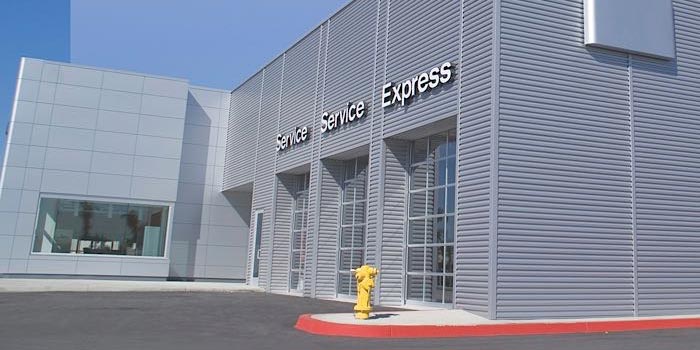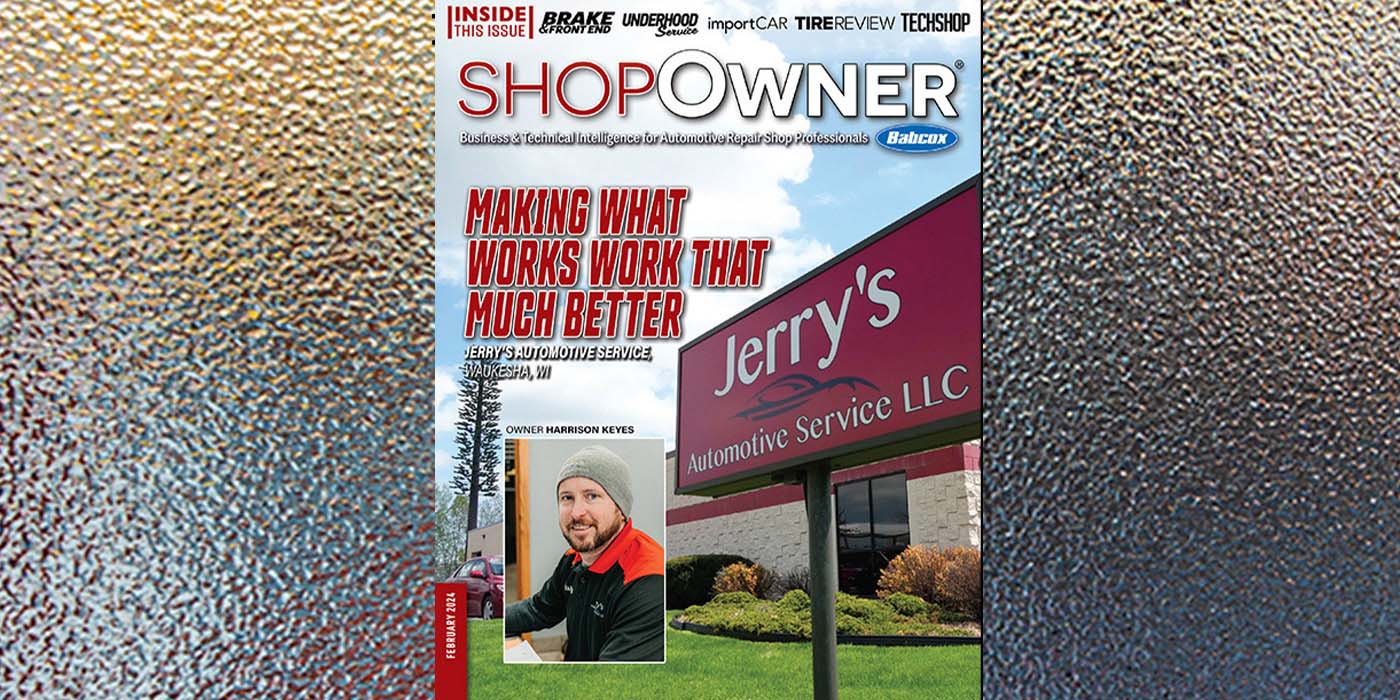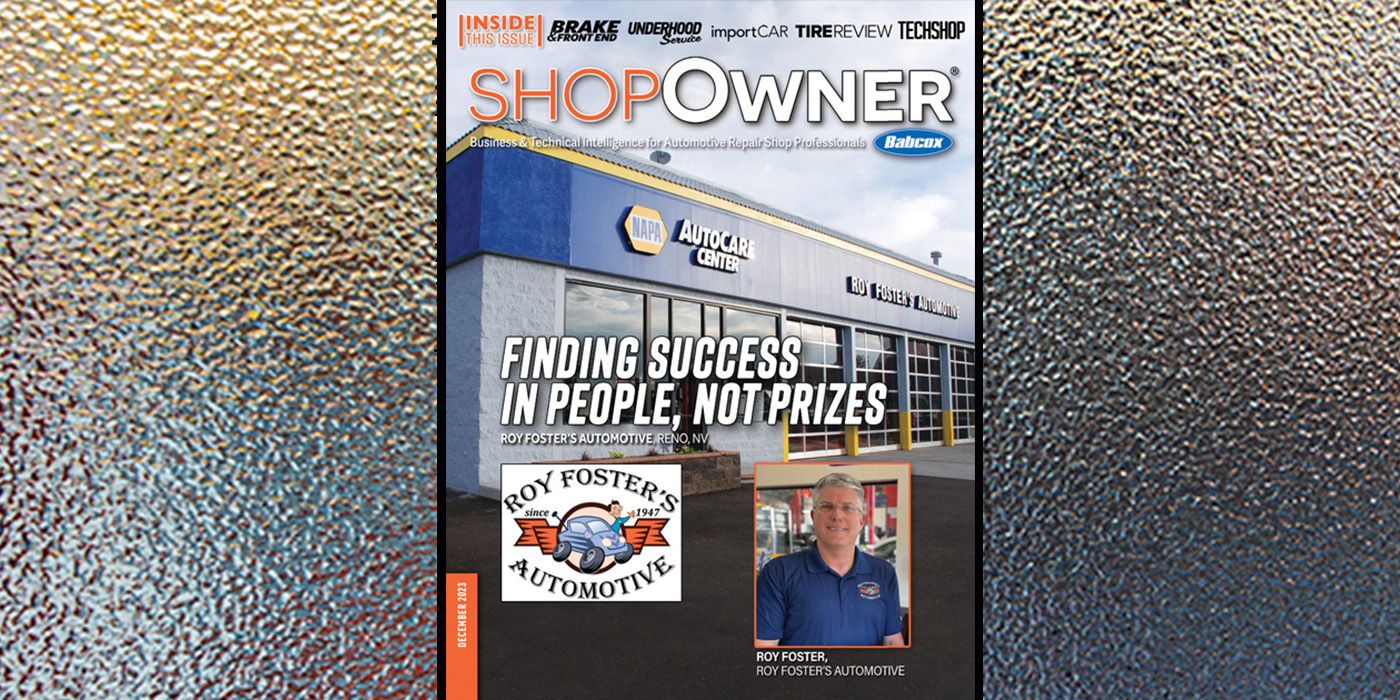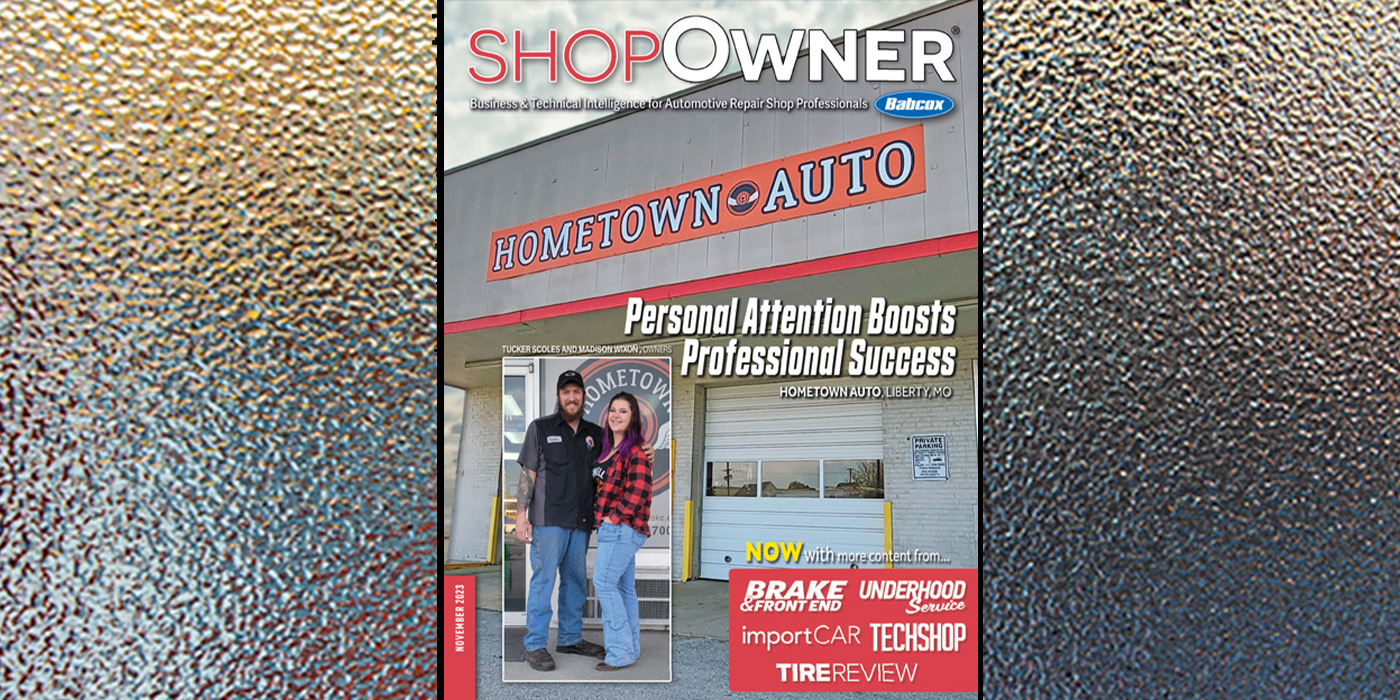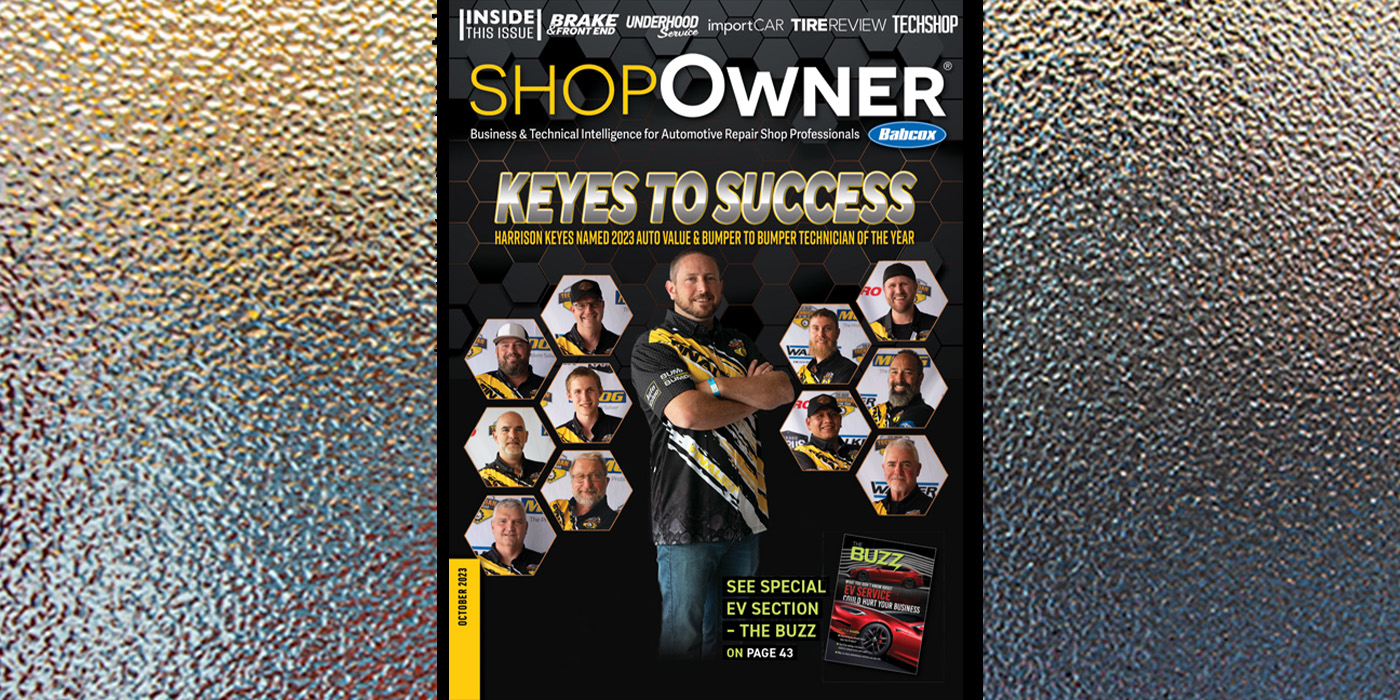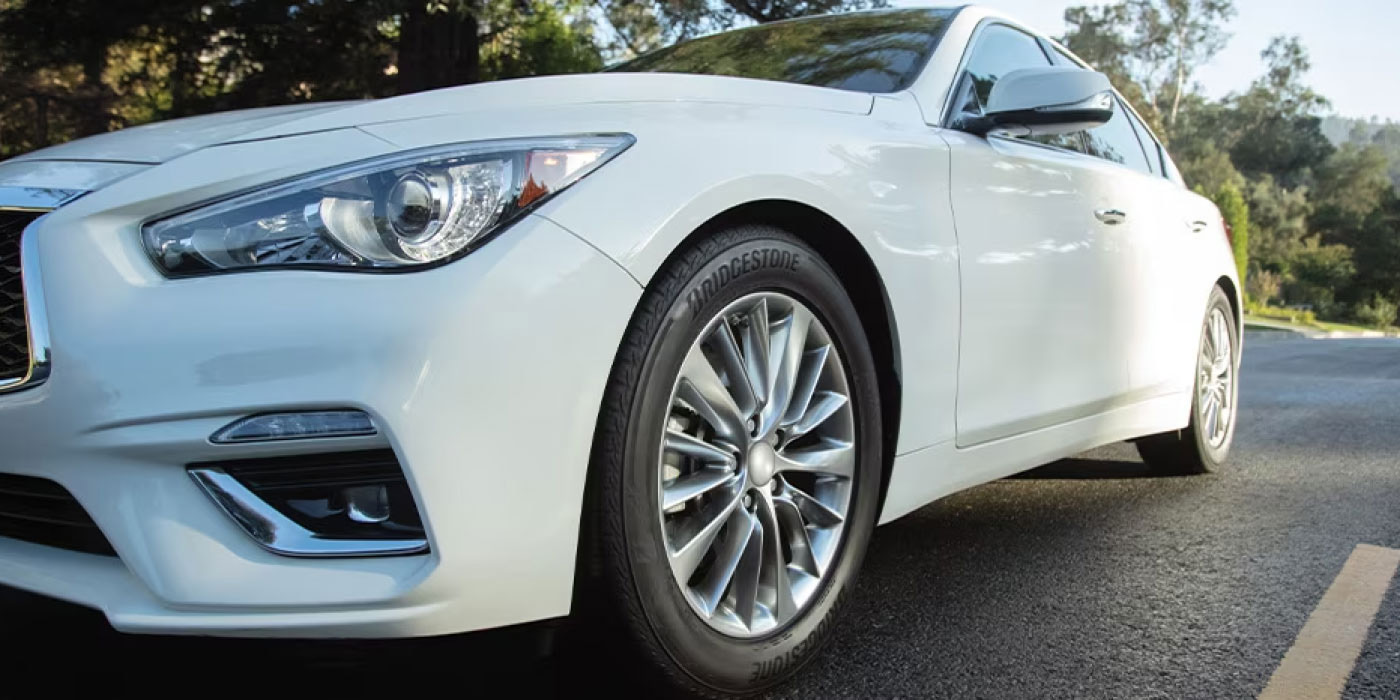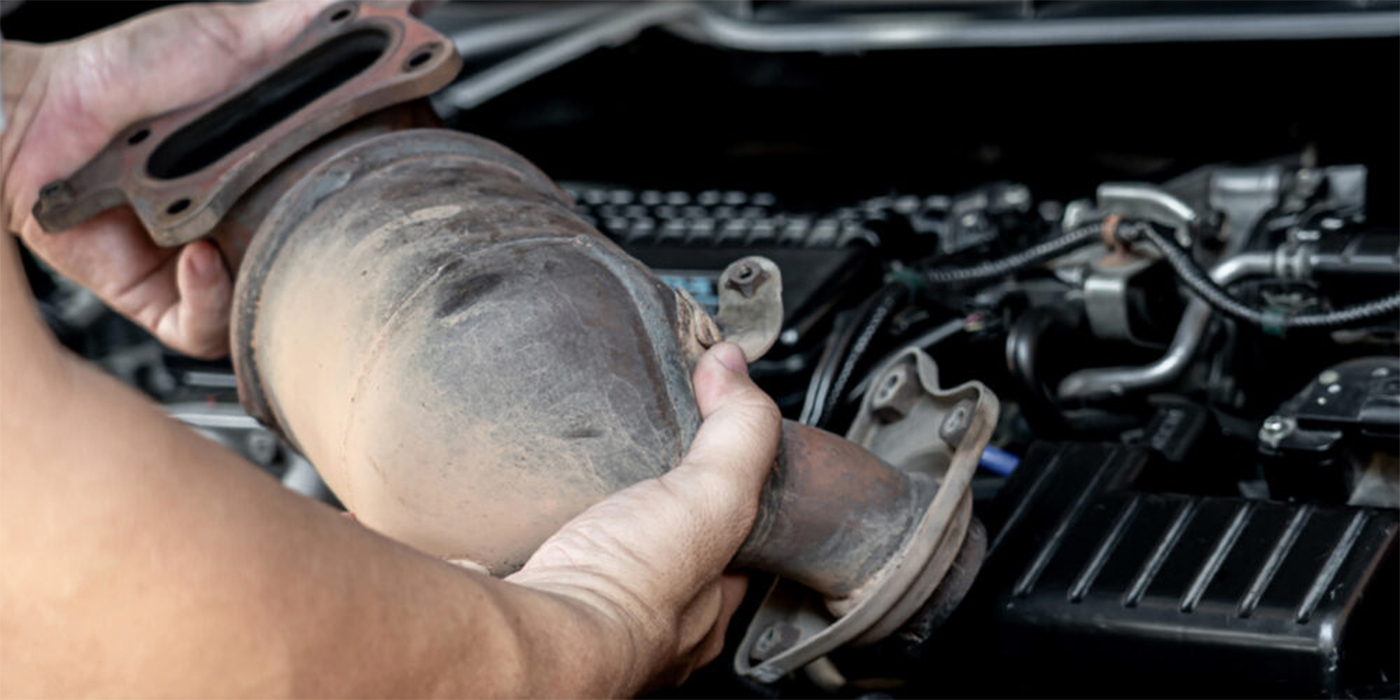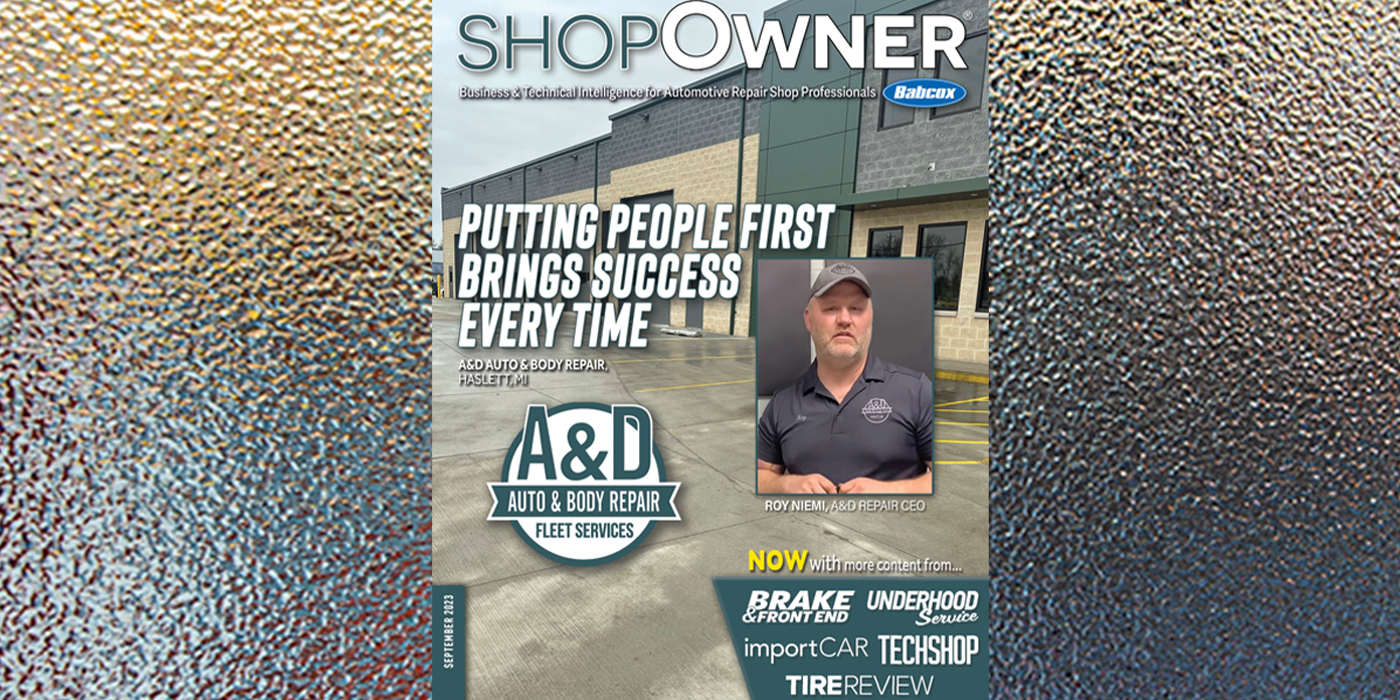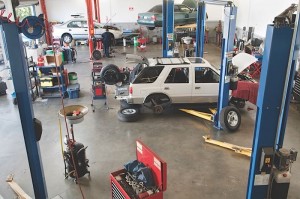
As an expert in your business, you can play a valuable role in staying engaged and working in partnership with your broker. While some brokers, especially those who sell commercial real estate, go out of their way to keep buyers and sellers from directly interacting, this is rarely the best method to achieve a successful sale of a business in the shortest amount of time.
Although I will work hard in my capacity as an aftermarket-specific business broker and intermediary to find qualified buyers for your business, no one has more motivation to sell, or inside knowledge of the business, than you do. You can play a key role in instilling confidence in the buyer that the business can be purchased and managed successfully. A buyer who can visualize himself or herself running the business is more apt to have a comfort level after interacting directly with the seller and developing a sense of rapport.
Playing a Positive Role in Interacting With a Buyer
As a seller, you may have some mixed emotions or fears about life after ownership of your business; however, think back to how fearful you likely felt at the time you purchased the business or received it through family succession. Buyers traditionally are apprehensive about the challenges that they face in purchasing a business, and anything that you can do to help the buyer envision himself in your role increases the likelihood that he will have the courage to pull the trigger and make a decision to submit an offer and close on your business.
The questions that you get from the buyer interaction will also give you insight into how a buyer perceives your business and will let you know their concerns. Seeing your business through the buyer’s eyes will help you in future discussions with prospects and recognizing (and hopefully doing something about) whatever problems or deficiencies are keeping buyers from seriously considering a purchase.
Both you and your broker should have defined roles and responsibilities in the sales process so that there are no misunderstandings. No one knows your business facilities as well as you, so you are the best person to take the buyer on a tour of your automotive shop and describe how it operates.
 Here are a few suggested guidelines for the do’s and don’ts of communication with buyer prospects:
Here are a few suggested guidelines for the do’s and don’ts of communication with buyer prospects:
DO your best to follow the established roles and responsibilities between seller and broker, allowing the broker to orchestrate the step-by-step process to qualify, educate and close the deal with buyers.
DON’T allow a buyer to lure you into direct negotiations. It’s OK to participate in the sales pitch about the benefits of your business, but leave discussions about purchase price, terms and financing to your broker. Don’t give a buyer any indication about your “flexibility” in price. Simply indicate to the buyer that it is your broker’s job to represent you. That is, after all, why you hired him.
DO share with a buyer what you might do differently in your daily operations to increase sales and profits if you were to keep the business. Buyers want to feel that the business has upside potential and recognize that every business owner has ideas that just haven’t been implemented yet. Every time you humbly admit that you haven’t had the time or the skills to implement a particular program to expand the business, such as developing local fleet accounts, a little voice in the buyer’s brain quietly says, “Gee, I can do that and add 10% to sales …” After a few suggestions on how to improve the business, the buyer sees the potential for sales increases, which will be to your advantage when it comes time for the buyer to make an offer.
DON’T volunteer “subjective” negative information about your business. “The market is terrible. I’ve tried everything and still can’t reverse the 10% sales decline” is not a recommended sales strategy, even if you happen to be frustrated and burnt out in your business. But, be honest in answering direct questions with accurate facts and don’t misrepresent your business. Present your business in the best possible light. Every seller will have some level of gloom and doom thoughts from time to time, but try to focus on the positive when interacting with a buyer prospect. If you own a franchise business, be careful not to speak negatively about the franchisor. It is important for a buyer, especially one without automotive experience, to feel that they will get excellent support and training from the franchisor, as well as be treated fairly. Mention any specific examples in your tenure where the franchisor has done something that proved to be beneficial to you or the business.
DO talk about what you like about your business and the rewards you have received over the years of ownership. Most buyers, especially those who come from the corporate world and are concerned about job security, are looking for independence and control over their own destiny.
DON’T let recent events, trends or other circumstances that are impacting your decision to sell the business get the best of you. Try to focus your thoughts on the positive rewards of business ownership.
DO allow yourself to judge the background and capabilities of buyer prospects and their likelihood of success if they purchase your business, especially if you are leasing a building that you own or are offering seller financing and have a vested financial interest in their ability to make payments to you. You likely have dreams and plans for life after selling the business, and taking the business back from an unqualified buyer is probably not one of them.
DON’T think, however, that no one will ever be able to fill your shoes. If you are leasing your building or offering seller financing, you need to accept some level of risk and do your best to find a motivated buyer candidate who is willing to learn the skills of your business. The vast majority of businesses do sell to buyers without aftermarket-specific industry experience. A major auto service franchise reports that shops that transition to new ownership report a first year average sales increase of 15%.
DO everything that you possibly can to make a buyer feel that your business is not “rocket science” and that a person with reasonable business, customer relations and employee management skills can be highly successful and ultimately do a better job than you have done. It is OK to ask about a buyer’s current job and previous background. Listen carefully for anything in their description that points to a skill that would be valuable in running your business. Go out of your way to tell them specifically how that particular skill or experience will contribute to their success in running and growing your business.
DON’T be nervous. Relax, be yourself and be honest, but measure your words. Listen carefully to the buyer and look at their body language. Often, you will be able to detect their concerns and think of something to say that will help overcome them. When all is said and done, if they feel that they can be successful, they will want to buy your business.
DO talk about why you are selling the business. Most buyers are very interested in your reasons and will try to read between the lines if your answer is vague. “I want to pursue other business interests” will likely cause a buyer to think that there is something wrong with your business that you aren’t willing to share. So, think about your reasons in advance, be prepared with a specific answer and think about how that answer might be interpreted by a typical buyer.
DON’T “oversell” your business or your own skills in making it successful. Yes, it is important for a buyer to think that you have a quality, profitable business, but it is even more important for a buyer to think that they have the capability to make it even better and grow sales and profitability. Ironically, one of the most common reasons that a buyer doesn’t buy a business is that they think it is too well-run and that they will not have the experience and capability to run it as well as the seller. Few buyers want the challenge of buying a business that seems very complex and requires the seller’s years of experience and skill level to continue its success.

